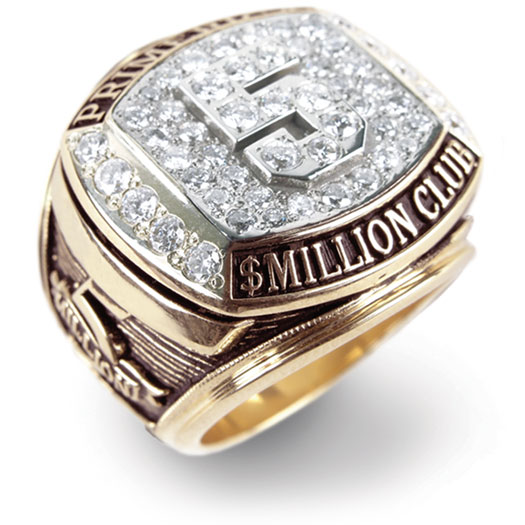“There is no achievement without goals.” – Robert J. Mckain
Every year, we make 10 New Year’s resolutions — one each weekday for two weeks. The idea is that by spreading out our promises over two weeks, instead of making them all on New Year’s Day (the way most people do), we will take the time to really think about what we want to accomplish over the next 12 months.
This year, like last year, your first and most important step is to identify one significant goal in each of the four most important areas of your life:
1. Your health (without which most of the others don’t matter)
2. Your wealth (which is undeniably important — so treat it as such)
3. Your personal self (your hobbies and interests)
4. Your social self (your friends, family, and community)
Make each of your four goals significant yet specific. To do so may require setting several subordinate objectives. For example, “Being in better shape” is a significant goal, but it is not specific. “Being able to run a seven-minute mile” is specific, yet it may not seem significant to you.
Here’s my goal for health: To continue to modify my diet to help bring my blood pressure back to normal range (120/80) without the use of medication.
Your health goal might be fitness oriented, such as: To become measurably stronger, leaner, more flexible, and to have greater endurance. Specifically, that would mean adding three pounds of muscle to your body, taking off four pounds of fat, being able to do a proper Sun Salutation in yoga, and running a mile in seven minutes.
You see how it works?
For the financial part of your life, your goals will probably be more ambitious than mine. My goal is to “stick with my seven-year financial independence plan.” That plan was set three years ago. All I have to do next year is get, overall, a 8% return on my investments and earn enough to live on. I’m probably going to do better than that. But I’m not going to think about it too much. For now, for me, health and personal goals are more important than my financial goals. For you, it might be different.
Your job today is to set these four big goals. To set them and commit to them.
The year 2016 can be the healthiest, wealthiest, and wisest year of your life. It starts today. Set your goals.$
[Do you know how Facebook and Google became the most powerful companies in the world?
It’s NOT helping you share pics of last night’s dinner...
It’s NOT searching for drunken cat videos…
It’s NOT helping you share pics of last night’s dinner...
It’s NOT searching for drunken cat videos…
And it’s DEFINITELY NOT about free Gmail accounts.
The simple truth is Facebook and Google SELL TRAFFIC.
They SELL TRAFFIC to business owners, and that advertising revenue alone has turned them into billion dollar companies.
Traffic is the most valuable commodity on the Internet, and that will never change.
This is why using the Traffic Authority business system is the ultimate way to make extra income in your business…











